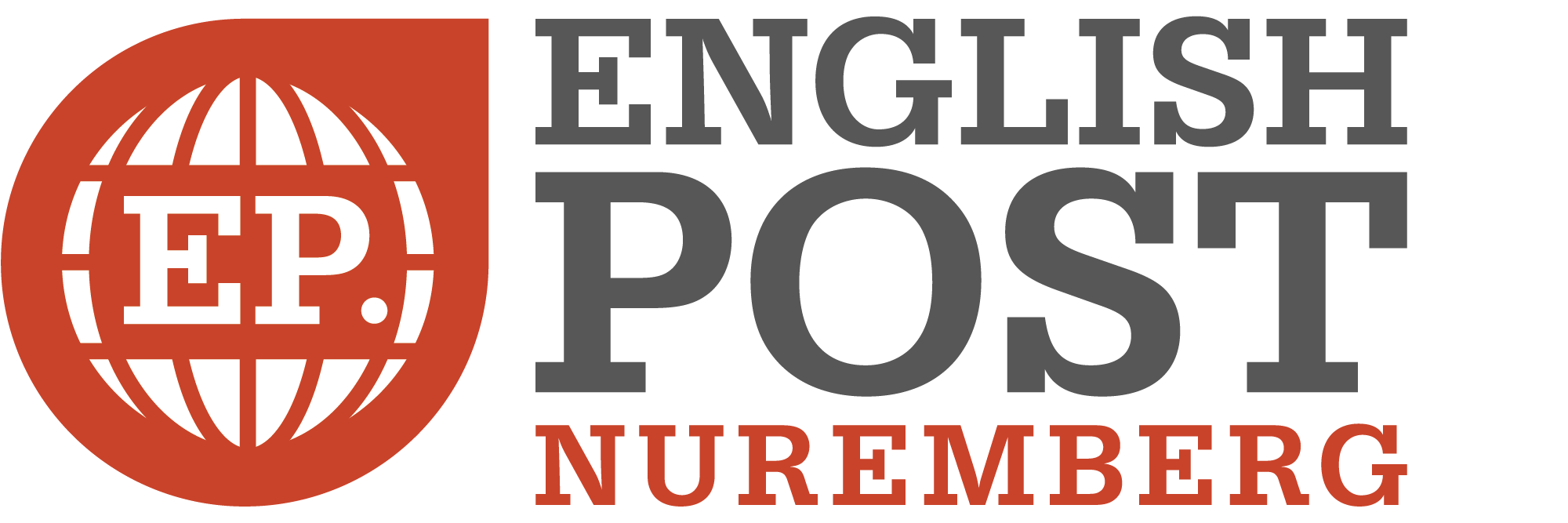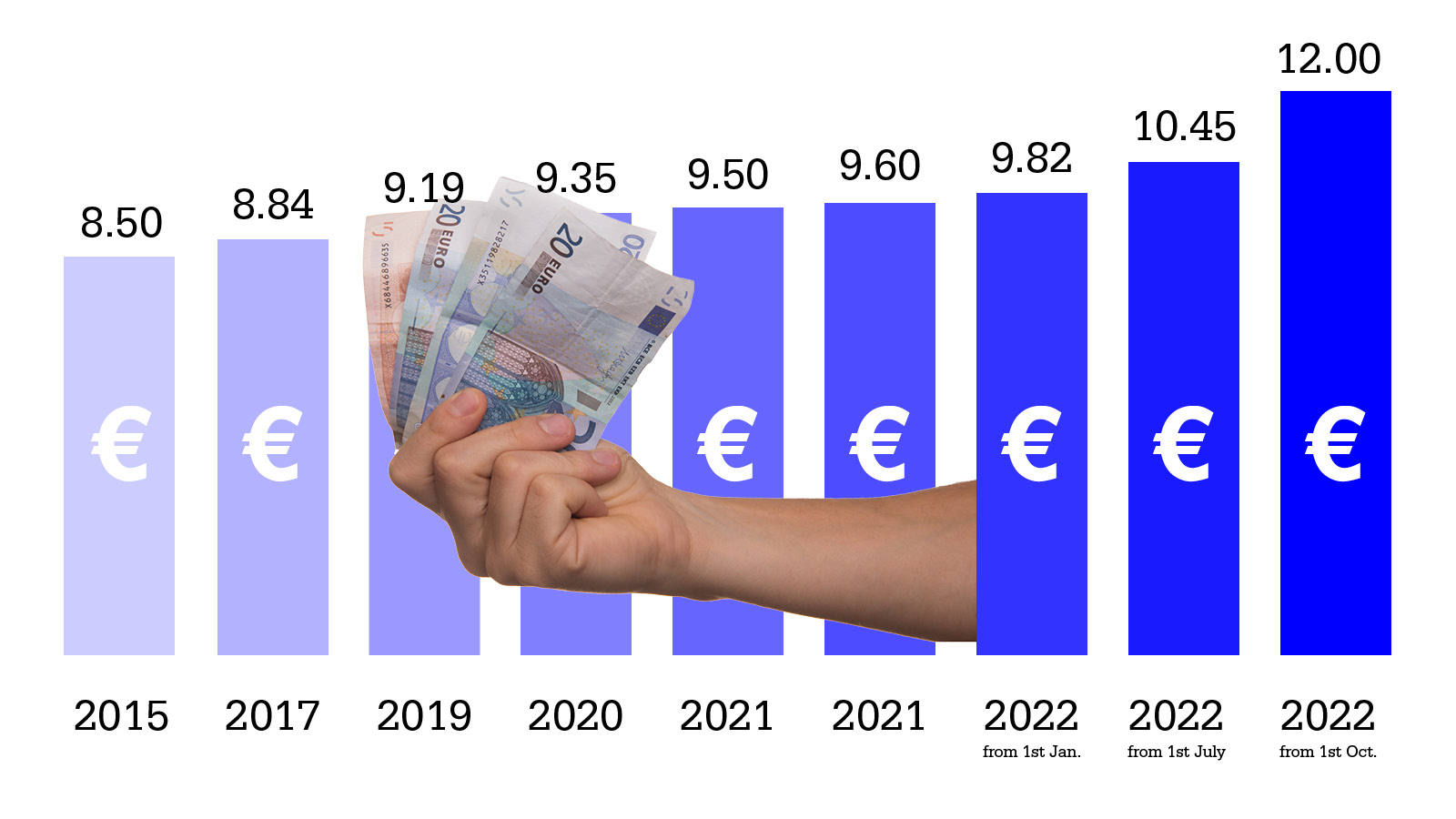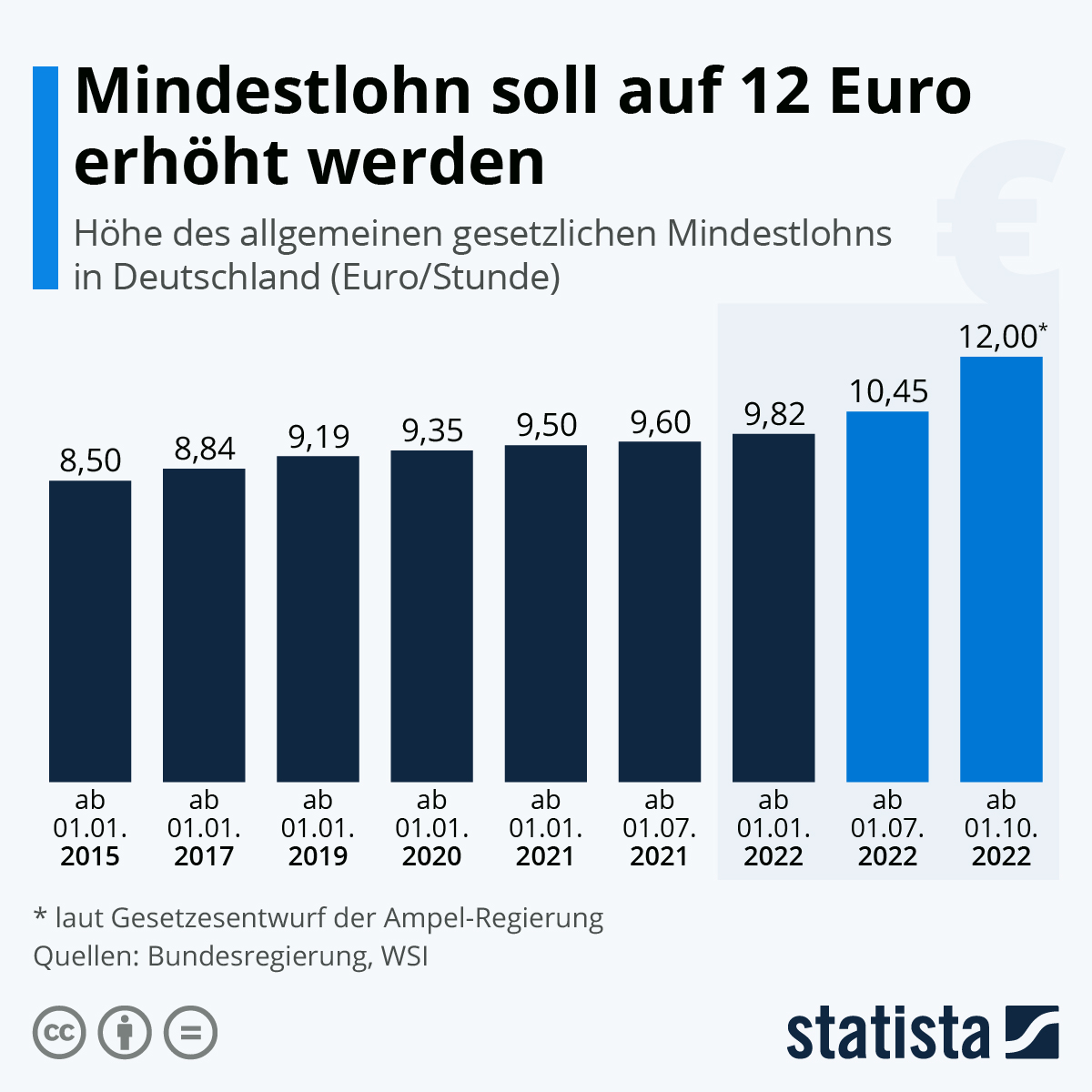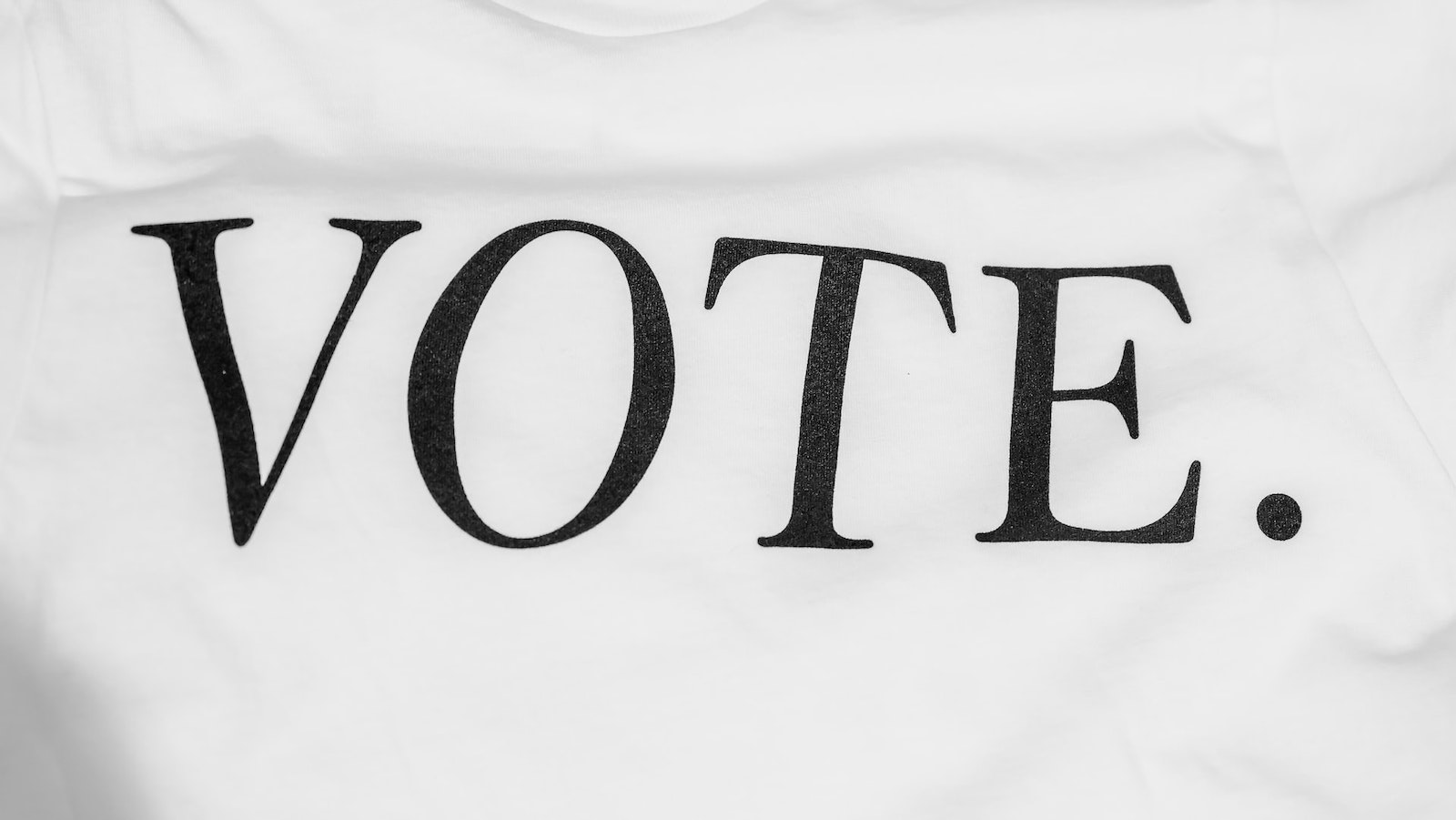B*tch Better Have My Money.
Rihanna
Last year, the minimum wage in Germany was a whopping €9.82 per hour. Since January 1st, it has been rising steadily and will reach €10.45 by July 1st 2022, and then rise again in October to €12 per hour.
The Minimum Wage Commission is responsible for setting this rate, and their recommendations were met in full by the Bundesregierung (German National Government) in a cabinet meeting on February 23rd 2022.
The Minimum Wage Commission is appointed by the government every five years. Employer and employee umbrella organizations propose three representatives each for the Commission, comprised of a chairperson, six voters and two advisory members. The two advisory members are not allowed to vote but are permitted to share their expertise on the subject.
The Commission examines and determines the appropriate minimum wage level for employees in a way that will not endanger employment and allows for competitive but fair conditions. It then evaluates the effects of its decision every two years and publishes its findings to the federal government. Future adjustments will be made following recommendations from the Minimum Wage Commission again on June 30th 2023 and will go into effect from January 2024.
This increase will affect nearly 6 million people across Germany, especially women and people in East Germany who are often employed in the low-wage sector.
This new minimum wage will apply to all employees over the age of 18. According to the Vocational Training Act, this does not include people working as apprentices, anyone doing voluntary service, participants who are in employment promotion measures, people who are self-employed, or long-term employees in the first six months of re-entering the labor market. However, formerly long-term unemployed people are immediately entitled to the minimum wage.
Do you have a mini-job? This new minimum wage applies to you too! Regardless of how many hours you work, you are entitled to this new minimum wage. The new limit for minimum wage will increase to €520 from its current €450.
Why are they raising the minimum wage, you may ask. Having a higher minimum wage protects employees and allows fair and functioning competition while also ensuring more stability in social security systems.
Employers pay contributions to statutory health and pension insurance and are obliged to keep these records for two years in the event of an inspection. This includes keeping track of the hours employees are working as specified in the Act to Combat Clandestine Employment.
What happens if an employer does not comply with the minimum wage law? They are liable to comply and have been required to do so for many years as part of the Posting of Workers Act. Violations of the minimum wage can lead to fines of up to €500,000, and breaches of obligations such as documentation inaccuracies can be punished with fines reaching €30,000. Additionally, offending companies can be excluded from being awarded public contracts.
As in any case of minimum wages in the industry, the Financial Control of Illegal work (FKS) and the Federal Customs administration are the ones who ensure that minimum wage is actually paid. Customs is responsible for prosecuting legal violations. There is also an option to sue the minimum wage claim at the appropriate labor court.
If someone has questions, comments, or concerns about the minimum wage, they can call the minimum wage hotline from Monday to Thursday, 8am to 8pm at 030 60 28 00 28.
https://www.bundesregierung.de/breg-de/aktuelles/mindestlohn-faq-1688186
This article is written in American English
















